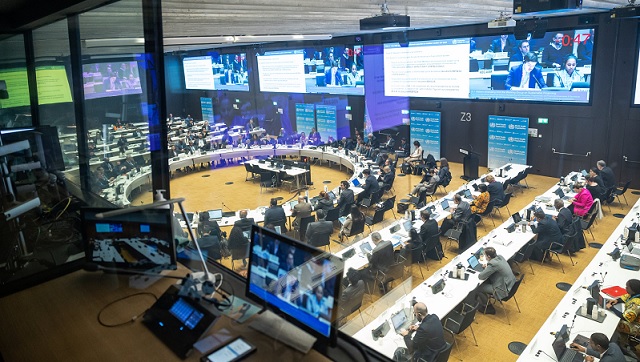
Kampala, Uganda | THE INDEPENDENT | Governments have started the process of updating International Health Regulations (IHR) that were approved in 2005.
Experts have held the first round of intensive discussions on the three hundred and seven amendments proposed by countries to this globally agreed instrument which sets out approaches and obligations for countries to prepare for, and respond to, disease outbreaks and other acute public health risks.
The proposed amendments come in response to the challenges posed by the COVID-19 pandemic and the group of experts that sat in a week-long meeting that ended on Friday heard and shared views on each.
Quoted in a statement released by the World Health Organisation (WHO) on Saturday, the Working Group’s Co-Chair, Dr. Ashley Bloomfield, said in discussing amendments to the Regulations, governments focused on making their countries, and the international community, better prepared for future emergencies.
On his part, Dr. Bloomfield, former Director-General of Health in New Zealand, said the pandemic taught them that having a good, strong set of International Health Regulations is essential, and showed where the current Regulations need to be improved.
“The ongoing pandemic has underscored the importance of countries working together collaboratively, and supporting WHO in its vital work, to make the world safer. The tone of the discussions and progress made during this week’s meeting clearly show that countries understand the responsibility they have to ensure this process is successful.”
Throughout the week long meeting, the 194 WHO Member States, who are also State Parties to the IHR, stressed the importance of enhancing capacity building, especially in low-income countries; access to benefits arising from sharing pathogens; equitable access to medical countermeasures; and enhanced cooperation and information sharing.
Eswatini submitted amendments on behalf of member states of the WHO Africa region and proposed that countries designate or establish a National IHR focal person and authorities charged with implementing health measures under these regulations.
The next meetings on the same will run from the April 17th to 20th, 2023.
******
URN
 The Independent Uganda: You get the Truth we Pay the Price
The Independent Uganda: You get the Truth we Pay the Price



